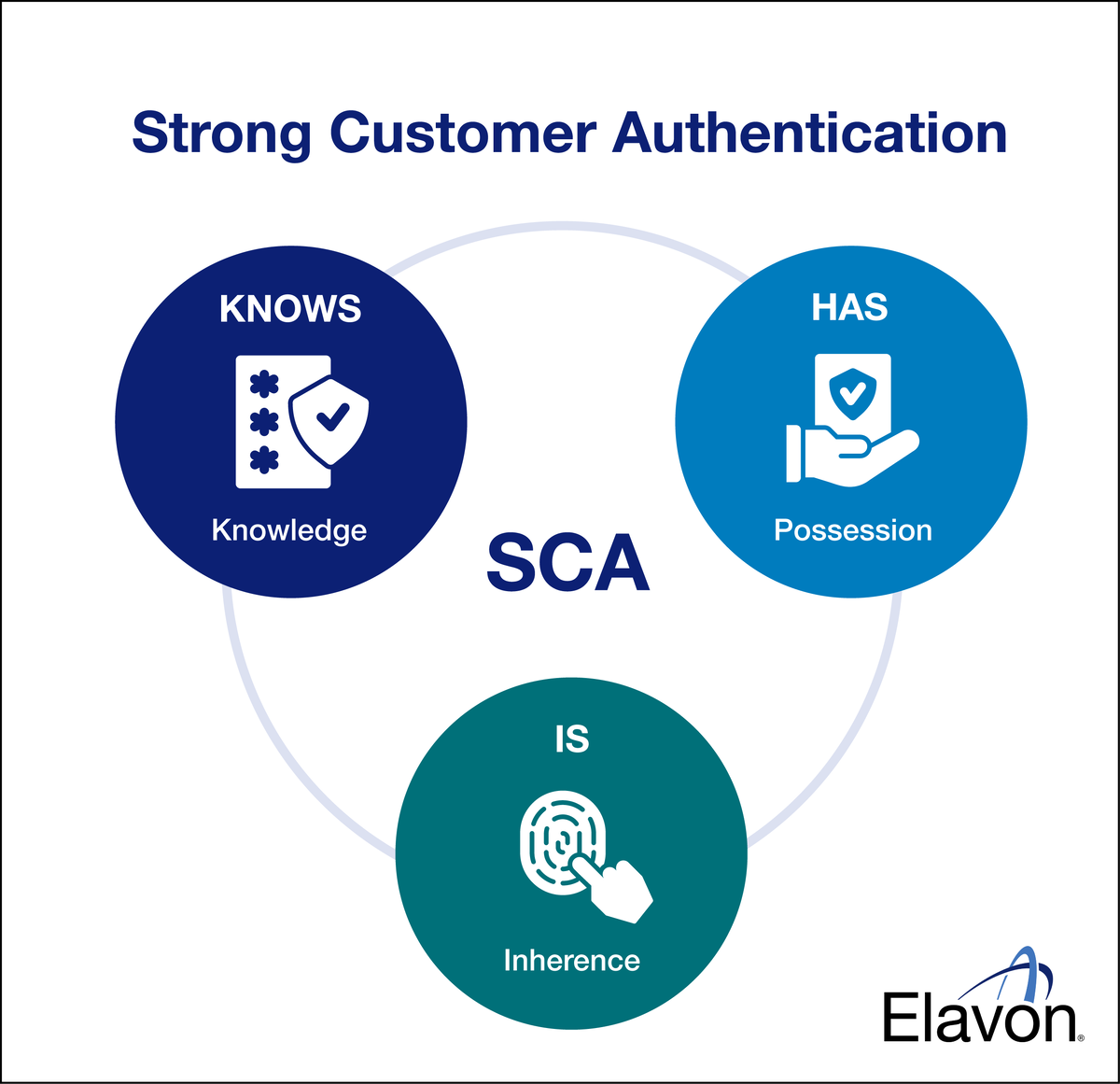“Payment successful”: the far-reaching update impacting every consumer and business in Europe
THE ARTICLES ON THESE PAGES ARE PRODUCED BY BUSINESS REPORTER, WHICH TAKES SOLE RESPONSIBILITY FOR THE CONTENTS

Elavon is a Business Reporter client
Award-winning payments expert Elavon Europe explains the pan-European changes that have made the way we pay safer, quicker and easier than ever
The movement of money is the life-source of commerce. In the digital age, and in preparation for the potential of the metaverse, the payments landscape is undergoing digital transformation and changing faster than ever.
As the pandemic was accelerating the need for businesses and consumers to adapt to a contactless and cashless approach, the payments industry across Europe was already undergoing its biggest change in over a decade.
The latest of these changes, catchily named the Second Payments Services Directive, or PSD2 for short, came into effect in the UK in March. Conceived by the European Commission and aiming to make modern, cross-border payments easier, faster and safer for everyone involved, the impact is now becoming clearer.
Payment successful
At the directive’s core is strong customer authentication (SCA). While every business has had to adopt the directive’s changes, this is the one consumers will most likely have noticed, if at all. If you’ve bought anything through your smartphone recently, for example, you will have been put through additional verification steps. These confirm that you are, in fact, you.

You now need to satisfy two of three steps to pass SCA. You must demonstrate something only you, the genuine user, could know (a password or PIN); something only you, as the genuine user, have (a possession such as a smartphone) or something that defines who you are (a fingerprint or facial recognition).
The result is that, since the end of March 2022, when the update was adopted in the UK, when buying something online you should now be facing SCA.
Growing confidence in e-commerce
“We’re all customers as well and we all interact on the web. I think what PSD2 has done is given reassurance and confidence in the market” says Rob Evans, PSD2 Project Lead at award-winning payments expert Elavon Europe. “There are a lot of people more conscious now about their information, their data, who’s storing it, how it’s being stored and whether their card details are being handled securely.
“PSD2 has been successful in making sure that’s now taking place. So, when you’re online and you’re purchasing something and you get that verification through your phone, tablet or device – wherever it may be – you have more confidence your details are safe.
“It’s going to be more and more important as we move further into e-commerce and the digital space.”
Benefits for business
As already noted, the directive aims to make payments faster, easier and safer for everyone – including businesses. But that doesn’t mean the changes were easy or fast, with the phased roll-out eventually taking four years.
Its support of businesses through these changes saw Elavon Europe named Best Service to Business at the UK Card and Payment Awards 2022. Industry experts led customers through the changes, making it as smooth and painless as possible. The results were outstanding.
As well as improving consumer confidence, early data comparing the first few months after implementation with the preceding period show fraud rates for Elavon Europe business customers plummeted by 89 per cent*.
“While we can’t release commercially sensitive information, the results are particularly impressive – in part because Elavon specialises in providing safe, secure payments for some of the most fraud-targeted sectors, including retail, hospitality, airlines and travel,” says Federico Gaffney, who was working with the industry regulators within the Elavon Europe PSD2 project team.
The associated costs and risks of fraud to businesses also improved. “For our customers, it not only means fewer losses,” says Gaffney. “Fraud ultimately, or mostly, impacts businesses, and that increases the cost of accepting payments. The fraud cost is an expense as well as a loss. So less fraud is a really good thing for everyone, including card holders – our customers’ customers.”
While all these changes were being introduced, approval rates for Elavon customers also remained consistently over 95 per cent.
Maximise online sales; minimise fraud
The new legislation has, however, created some friction – particularly at the checkout. “Cart abandonment, where consumers bail out before completing their online purchase, is inevitable while cardholders get used to new challenges and additional steps in authentication,” says Gaffney. “We expect that to keep improving as the new way of making purchases online embeds in our lives and we get more used to it.”
To help reduce the additional steps ahead of checkout which exacerbate cart abandonment, new innovations have emerged. Among them is transaction risk analysis, or TRA.
TRA allows businesses with a high volume of low-risk payments to apply exemptions to strong customer authentication for eligible transactions up to €500, or equivalent. This reduces friction to improve online sales while still minimising fraud. “While the industry norm for exemptions tops out between €100 and €250, Elavon Europe’s ability to offer €500 exemptions is due to our below average fraud rates and expertise in this field,” says Evans.
Originally published on Business Reporter
